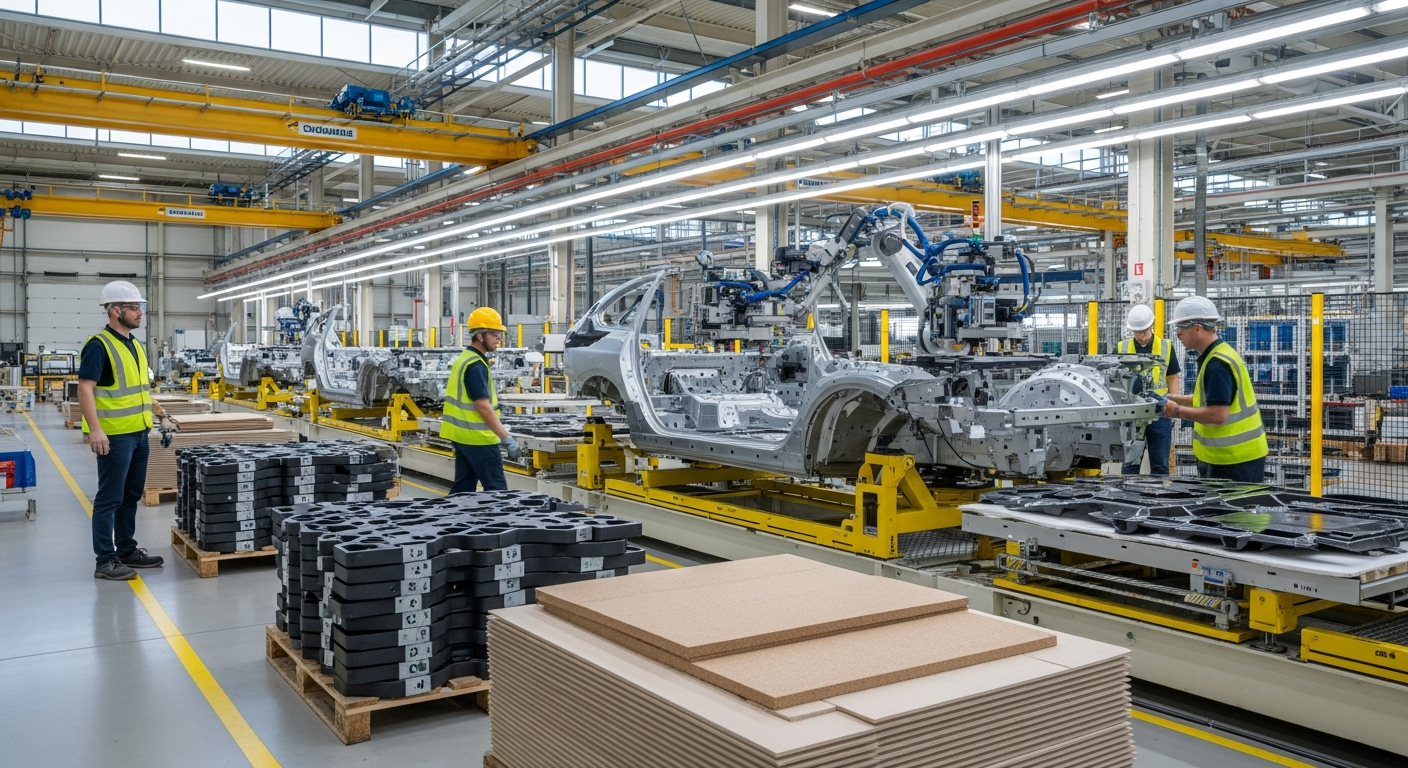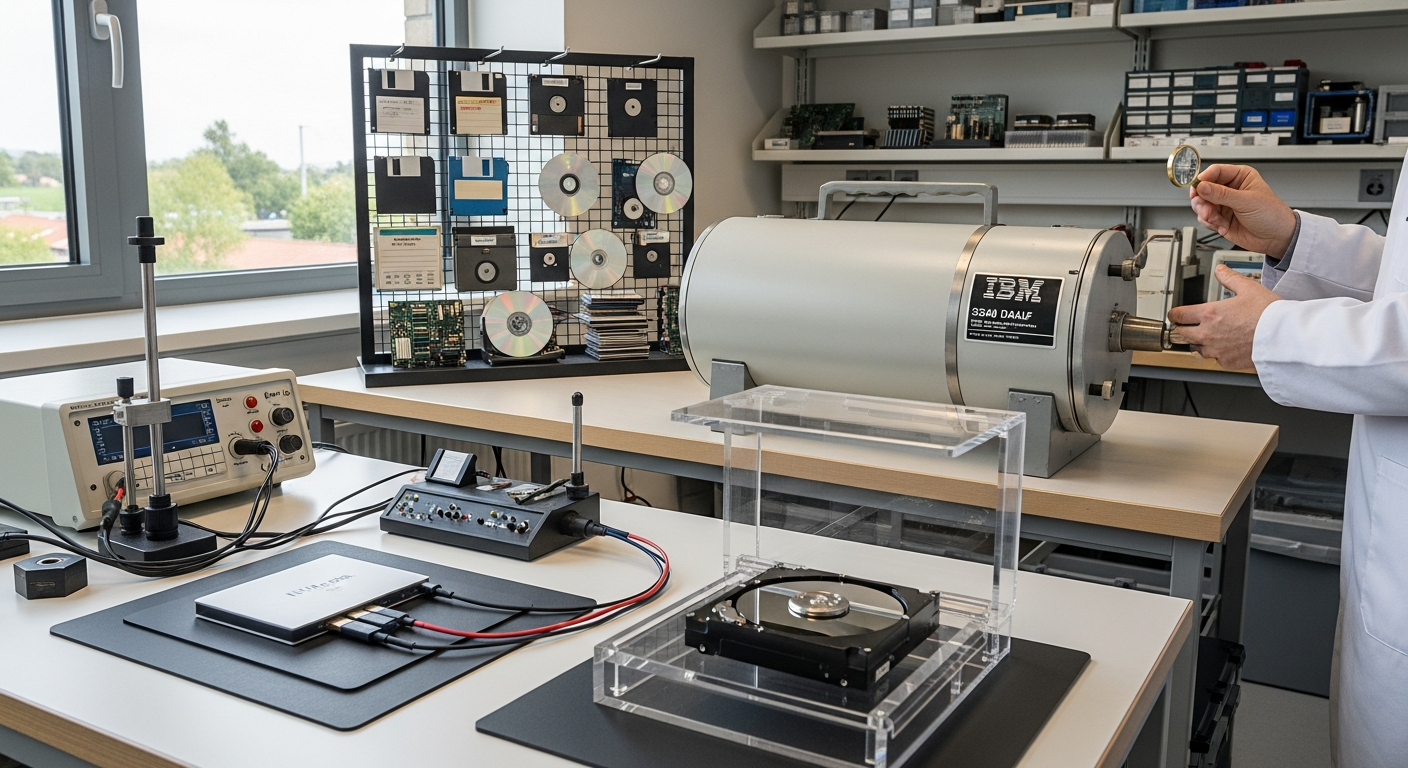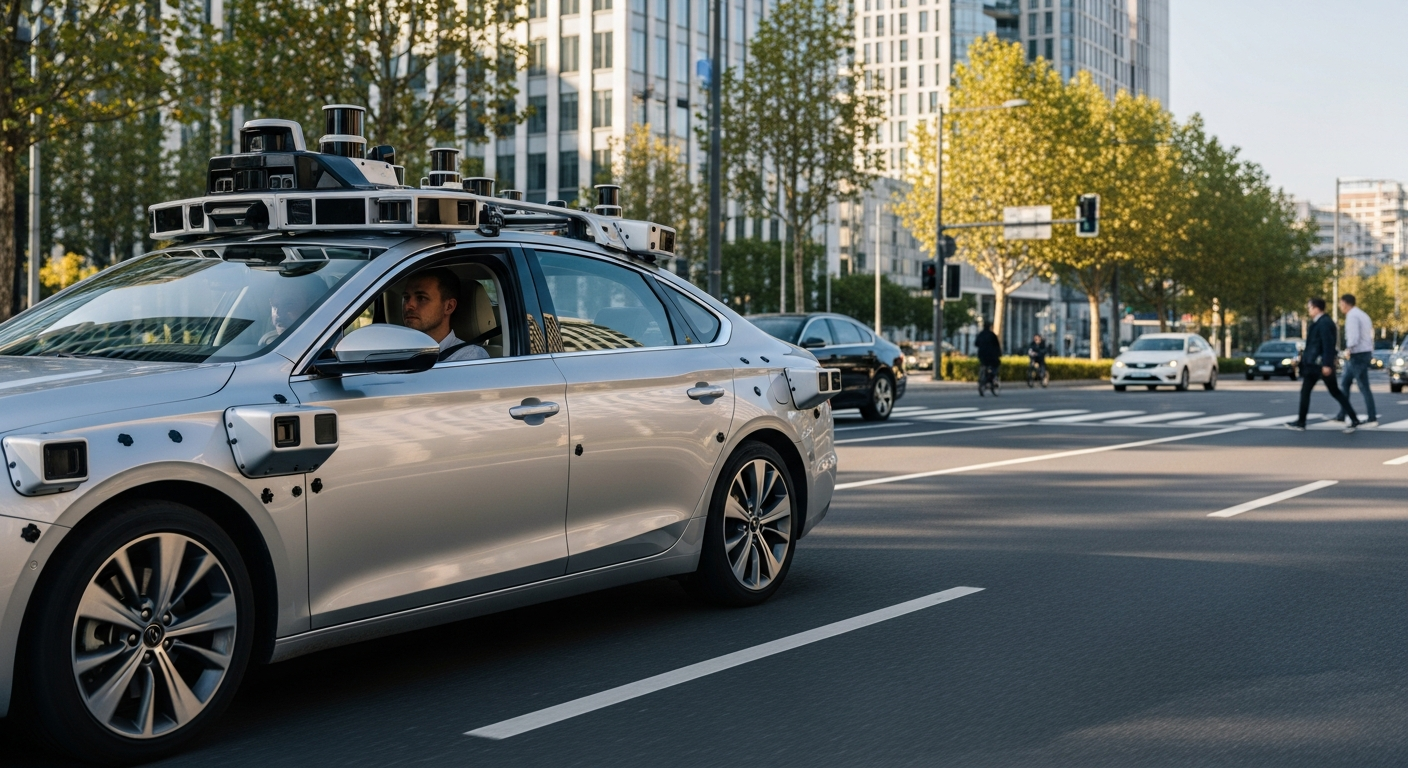The Emergence of Remote Work Culture: A Societal Shift
The 21st century has seen an unprecedented evolution in the way we work, particularly with the advent of remote work culture. How did this cultural shift come about, and what does it mean for our society today? Read below to delve into this intriguing topic.

Historical Context: The Roots of Remote Work
The concept of remote work is not entirely new. In fact, before the Industrial Revolution, work was typically conducted from home, in fields, or at local shops. However, the advent of factories and office buildings centralized work in specific locations, creating the traditional 9 to 5 workday.
In recent decades, advancements in technology have been gradually reversing this trend. The invention of personal computers, the internet, and communication software has made remote work increasingly feasible. However, it was not until the onset of the COVID-19 pandemic that remote work truly became a mainstream phenomenon.
The Societal Impact of the Pandemic: A Push Towards Remote Work
The COVID-19 pandemic forced businesses worldwide to temporarily close their physical offices and adapt to a remote work model. This sudden shift revealed the possibilities and benefits of remote work - reduced commute times, flexible schedules, and potential cost savings for businesses. As a result, what was initially seen as a temporary measure is now becoming a permanent change for many organizations.
Remote Work: The New Normal?
The shift towards remote work has profound implications for society. On a positive note, it offers increased flexibility and work-life balance for employees. It also opens up opportunities for people who were traditionally marginalized in the job market, such as those living in rural areas or with disabilities.
However, this shift also presents challenges. It can blur the boundaries between work and personal life, leading to burnout. It can exacerbate inequalities, with those lacking access to reliable internet or a quiet workspace at a disadvantage. Furthermore, it can reduce opportunities for social interaction, potentially leading to isolation and mental health issues.
The Future of Work: A Hybrid Model?
Experts predict that the future of work will likely involve a hybrid model, combining remote and in-person work. This model aims to balance the benefits of remote work with the need for face-to-face interaction and collaboration.
Businesses will need to adapt to this new model, redesigning their practices to support both remote and in-office work. Meanwhile, policymakers will need to address the challenges posed by remote work, from ensuring digital access to rethinking urban planning.
An Ongoing Societal Shift
The emergence of remote work culture represents a significant societal shift, reshaping our understanding of work and how it fits into our lives. As we continue to navigate this change, it’s essential to understand its implications, both positive and negative, and to adapt our workplaces and policies accordingly.
The evolution of remote work culture is an ongoing journey, one that reflects our society’s ability to adapt and innovate in the face of change. As we continue to explore this new frontier, one thing is clear: the way we work will never be the same again.





